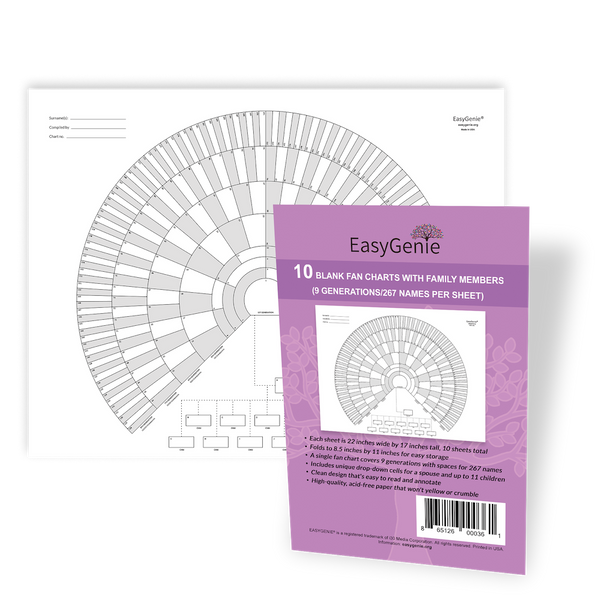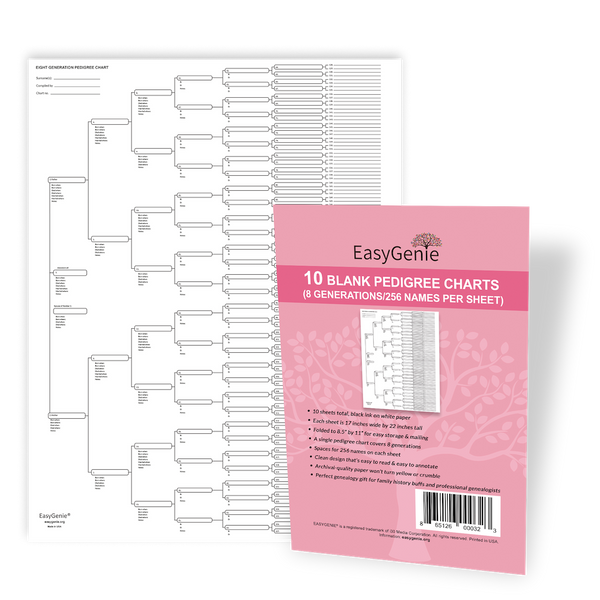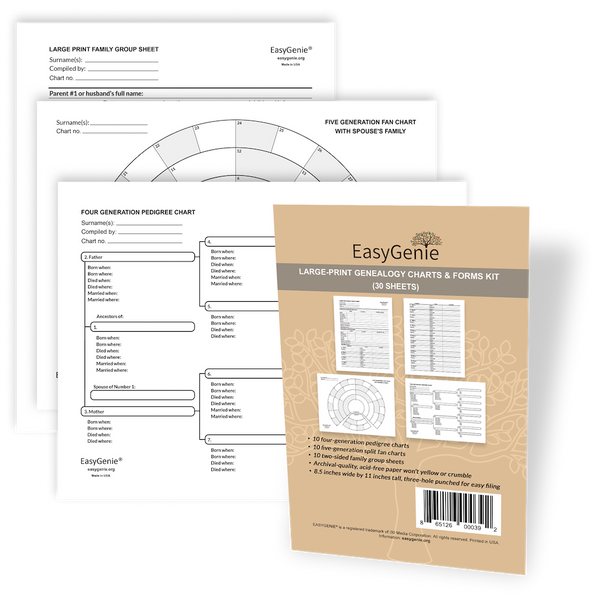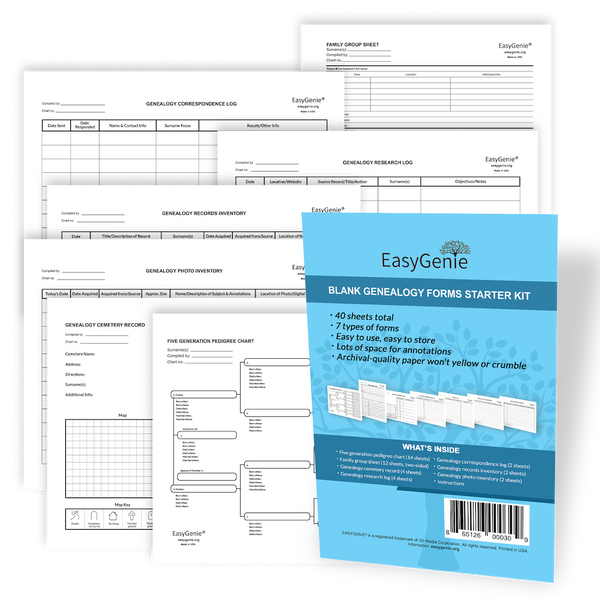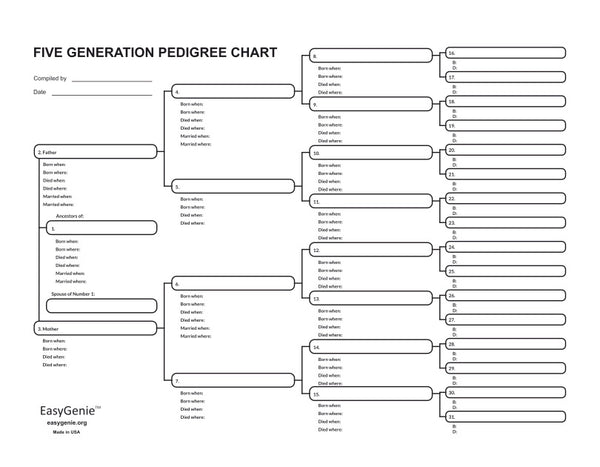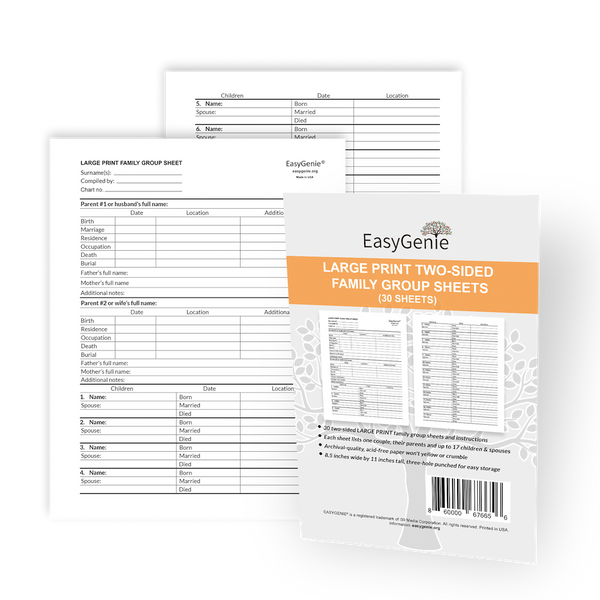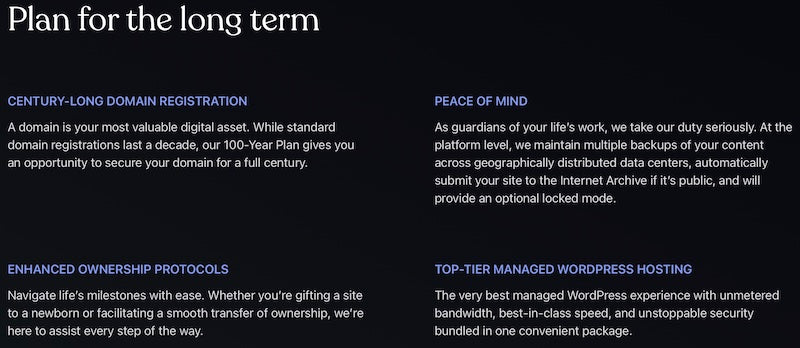
A family history website that will last 100 years: Bold idea, but lots of questions
Ian LamontHere at EasyGenie, we’re focused on helping other genealogists preserve and share genealogy for future generations using paper genealogy charts and printable genealogy PDFs. Last week, blogging platform WordPress announced a service that will help genealogists (or anyone else, for that matter) preserve websites and other digital records for a full century … for a price:
"The 100-Year Plan ensures that your stories, achievements, and memories are preserved for generations to come. One payment. One hundred years of legacy. US$38,000."
You read that right. $38,000, for what appears to be a hosted website and custom Web domain (.com or similar) that will remain accessible on the Internet until the year 2123. WordPress found Matt Mullenweg adds:

I agree with Matt about making stories and other family data available for the long term. But I have questions, too:
- Is a blog a suitable repository for family history archives that aren’t essays or photos?
- WordPress was founded only 20 years ago. Will the company still be around in 20 years, let alone 100 years?
- Even if the company survives, could future managers let the project lapse once the original payees have passed away?
- Will future generations even use Web browsers to access information?

On the last point, communications technology is constantly evolving. Of the media that was common use in 1923, only photographs, books, and other paper-based media can still be used as they were 100 years ago. Sound recordings and film from the 1920s require special equipment to play back.
From 50 years ago, early digital media – punch cards, diskettes, and old computer files - are practically unreadable.
If you had $38,000, would you pay WordPress for a 100-year website? If not, how would you use the money to preserve your genealogy for the generations that follow?
